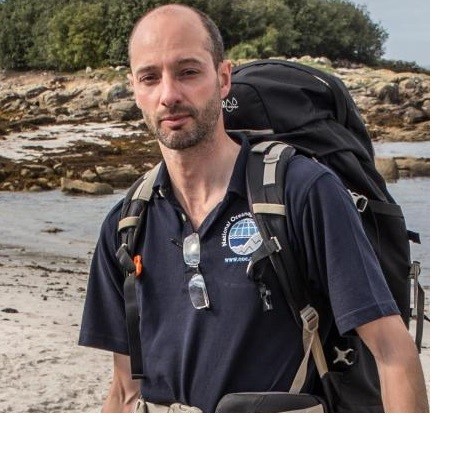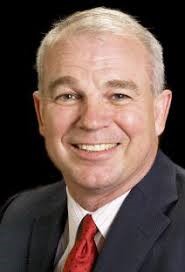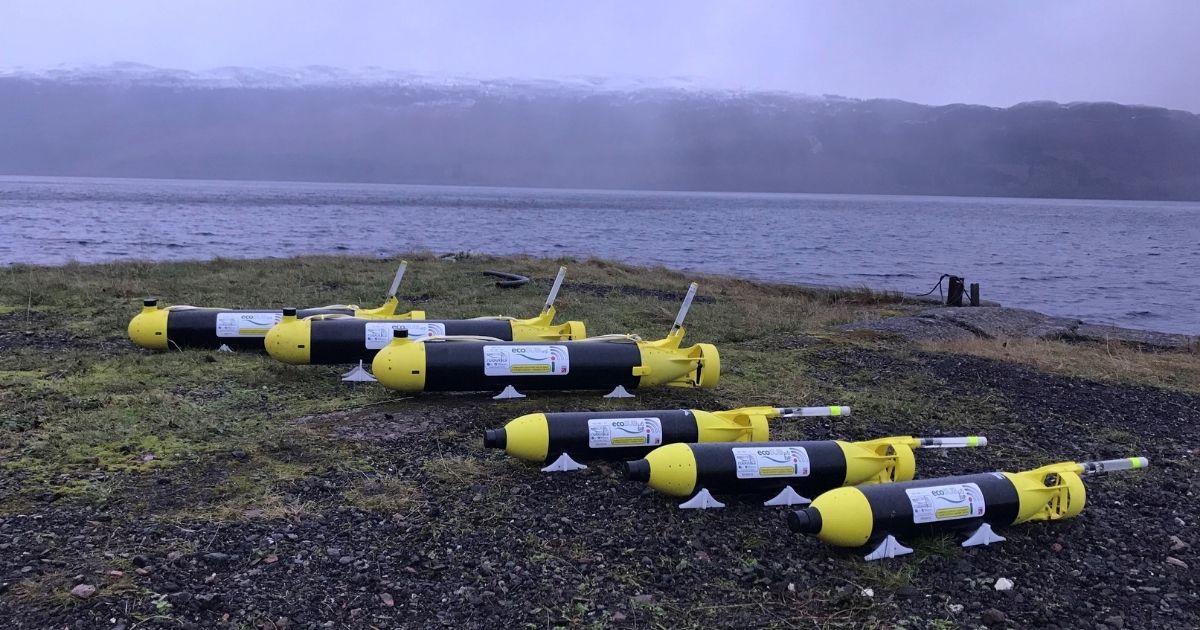As the ecoSUB range of small, affordable autonomous underwater vehicles enter full production, Planet Ocean is pleased to announce the formation of an advisory board to help guide the project into the next phase and beyond. The board is comprised of acknowledged leaders in their fields to counsel the company on the opportunities for maximising the impact of its technologies globally.
“We recognise that although we have a deep understanding of the technology and the three main target user groups for ecoSUB, we are by no means expert in them all and the formation of this board of specialists will ensure that we remain focused and on the right track as well as providing industry insights into what the users groups around the World need in the future.” says Terry Sloane, founder and MD of Planet Ocean and ecoSUB Robotics.
The advisory team have long been advocates of the use of small, agile autonomous systems in their respective fields and ecoSUB in particular. Their decades of real-world experience and vision is a significant asset available to the ecoSUB team. Of particular importance is an understanding of how micro AUV technology fits into the wider use of undersea autonomy in general.
The Advisory Board:
 Professor Russell Wynn
Professor Russell Wynn
Science
Russell was the first Chief Scientist for Marine Autonomous and Robotic Systems (MARS) at the UK’s National Oceanography Centre, where he also served as Associate Director for Government, International and Public Engagement. He led external engagement for £30M of UK Government investment in the MARS fleet and ensured the adventures of the Autosub vehicles (aka Boaty McBoatface!) reached the wider public via TV and other media. Russell also initiated and coordinated the annual ‘MASSMO’ series of demonstrator missions for UK marine autonomous systems, which were sponsored by Dstl and included Royal Navy, UKHO, Met Office, CMRE and several industry and research organizations as partners; these missions involved the largest mixed fleets of marine robots (including ecoSUB) to be deployed in UK waters.
Russell was previously Head of Marine Geoscience at the NOC and published over 100 peer-reviewed science papers on topical marine matters, including novel use of marine robotics. He is currently focused on wildlife conservation and education as a Director of Wild New Forest CIC, but retains Senior Visiting Fellow status at the NOC and is an Honorary Professor at University of Southampton
 Dr Peter Collinson
Dr Peter Collinson
Energy
Peter is focused on delivering ‘net zero robotics solutions’ for energy and maritime industry applications. Peter has worked extensively on the strategic development and rollout of Marine Autonomous Systems for bp over the past 7 years. In that role he lead many developments of marine robotic technology, including ecoSUB and several USV and AUV solutions for subsea inspection, survey and environmental/crisis applications. He is a member of robotics committees for UKRI (Innovate UK Government) and an Industry advisor to the National Oceanography Centre, UK. Prior to his role in technology he was a Risk and Crisis Manager with extensive experience in enterprise risk management and crisis response, leading humanitarian and environmental teams during 9-11, the Asian Tsunami and the Deepwater Horizon oil spill incidents.
Peter holds a PhD in Marine Ecology from The University of Hong Kong and is a Fellow of the Institute Marine Engineering, Science and Technology (IMarEST).
 Cdre David Burton RN (rtd)
Cdre David Burton RN (rtd)
Defence
Mr David Burton is the Director of ASW Barrier Smart Defence Initiative, a multinational initiative comprising: Australia, Denmark, France, Germany, Greece, Italy, Netherlands, Norway, Portugal, Spain, UK, and the US. The SDI is sponsored by the NATO Maritime Unmanned Systems (MUS) initiative.
Prior to this David was Strategic Advisor to the UK’s NavyX programme and before this Director Strategy for NATO’s Centre for Maritime Research and Experimentation (CMRE), an executive body of NATO’s Science and Technology where he was instrumental in the formation of the Maritime Unmanned Systems Initiative.
Before joining CMRE, Mr David Burton was the Chief Technology Officer (CTO) for the NATO Communications and Information (NCI) Agency.
Previously, Mr Burton served as a Commodore in the Royal UK Navy in the post of Director Change within the Information Systems & Service Directorate of the Defence Equipment and Support Organisation of the UK Ministry of Defence.
At the UK Ministry of Defence, Commodore Burton worked for the Chief Information Officer with responsibility for the UK Defence Information Exploitation and Enterprise Architecture Programmes. Prior to this he held the position as NATO’s Network Enabled Capability Integrated Project Team Leader based at ACT, Norfolk Virginia.
A Physics graduate of Bristol University, Mr Burton joined the Royal Navy in 1980. After a variety of operational appointments at sea and with the Royal Marines, he attended the Royal Military College of Science, where he was awarded a Masters Degree in Design of Information Systems. Project Management experience followed in a variety of strategic Information Systems and organisational change programmes, including Programme Management of major Public Private Partnerships within UK defence. In the late 1990s, he filled a key role within NATO’s Maritime Command and Control Information System (MCCIS) Programme.
Mr Burton is a Chartered Engineer, Chartered IT Practitioner, and Fellow of the British Computer Society.
By Planet Ocean Ltd





